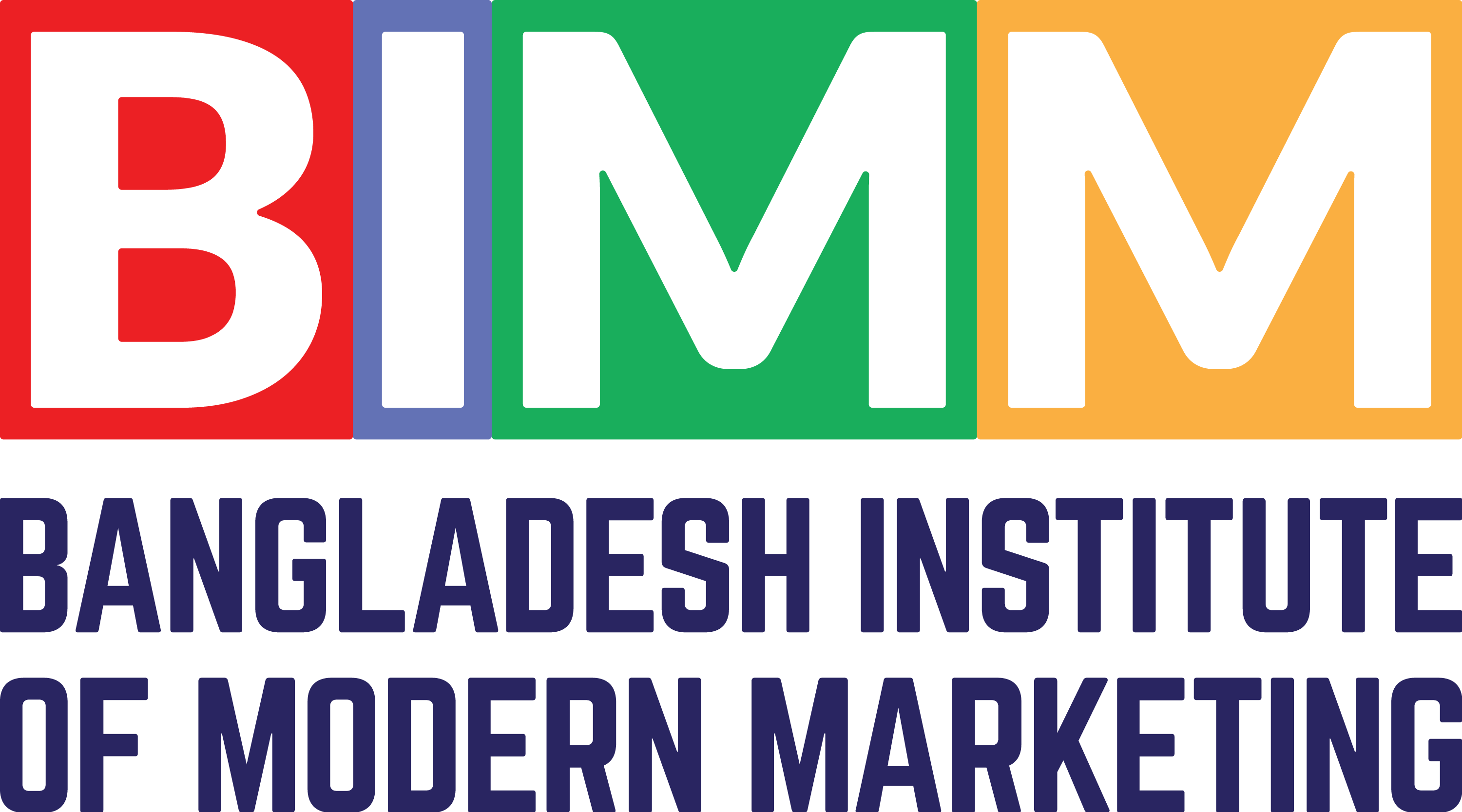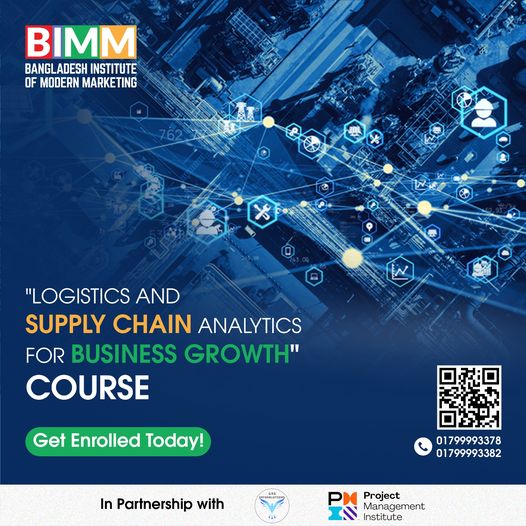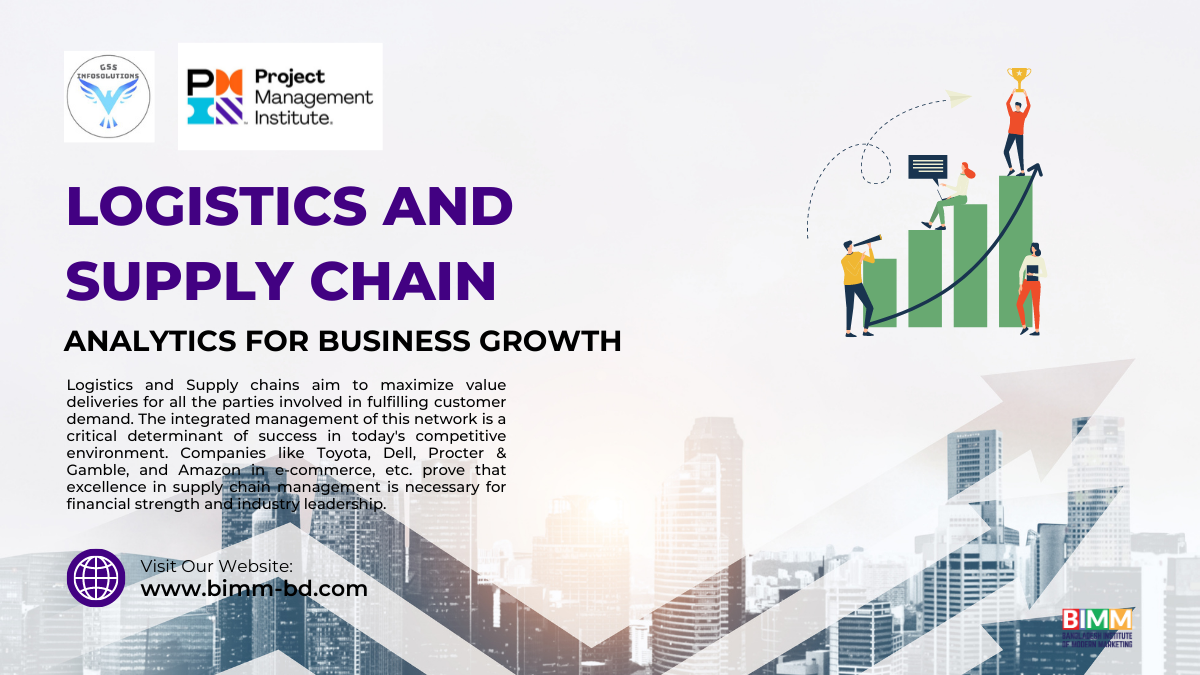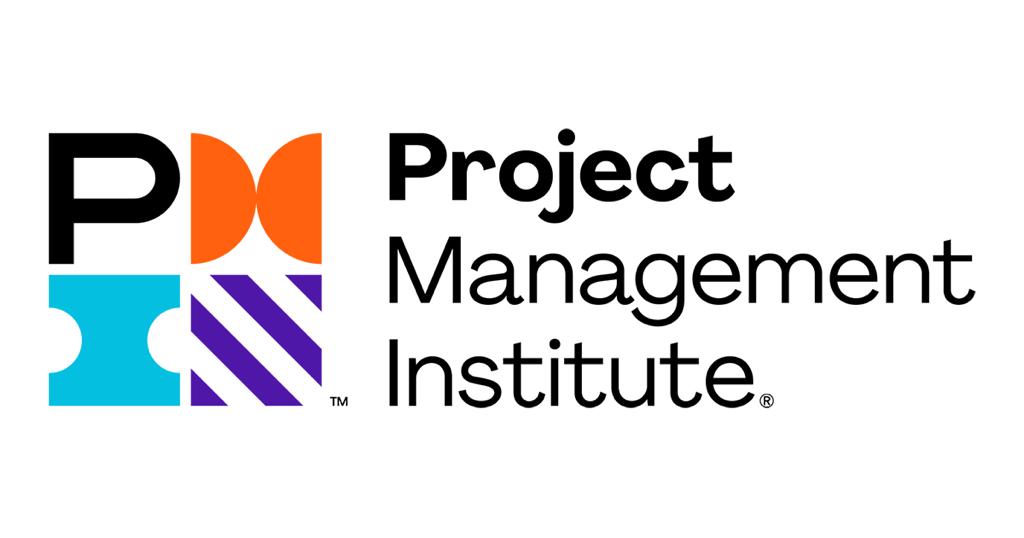Description:
Logistics and Supply chains aim to maximize value deliveries for all the parties involved in fulfilling customer demand. The integrated management of this network is a critical determinant of success in today’s competitive environment. Companies like Toyota, Dell, Procter & Gamble, and Amazon in e-commerce, etc. prove that excellence in supply chain management is necessary for financial strength and industry leadership.
With increasing competition around the globe, supply chain management is both a challenge and an opportunity for companies. Hence a strong understanding of logistics and supply chain management concepts and the ability to recommend improvements should be in the toolbox of all managers. The knowledge of analytics is a shot in the arm for logistics and supply chain management to analyze difficult situations which arise in business and to take the most optimized decisions for the growth of business in complex and uncertain environments.
The program has been designed keeping in mind the requirements of the post-COVID VUCA (Volatility, Uncertainty, Complexity, and Ambiguity) World.
Learning Objectives:
- To impart a comprehensive understanding of the tools and techniques of analytics, with a focus on logistics and supply chain analytics
- To provide students with an in-depth comprehension of Supply Chain Management processes, including key drivers, performance measures, and strategies for mitigating uncertainties and maximizing value creation through innovation
- To expose students to current trends and challenges in Supply Chain Management through participation in real-world case studies and project assignments
- To equip participants with a mastery of the skills and knowledge needed to effectively lead and manage profitable supply chains using the tools and techniques of logistics and supply chain analytics
Learning Outcomes:
After their successful enrollment and participation in the course, the students will be able to-
- Understand the fundamentals of analytics and its applications in logistics and supply chain management
- Gain a comprehensive comprehension of Supply Chain Management processes, key drivers, performance measures, and strategies for mitigating uncertainties and maximizing value creation through innovation
- Develop an ability to identify and analyze supply chain problems and apply relevant analytics tools and techniques to solve them
- Understand contemporary issues and trends in Supply Chain Management and be able to critically evaluate and apply relevant concepts and theories
- Develop skills in data analysis, data visualization, and decision-making in the context of logistics and supply chain management
- Be able to design and implement effective supply chain strategies and effectively evaluate their impact on business growth
- Develop the ability to collaborate effectively with other stakeholders in a supply chain and to lead and manage supply chains profitably.
Comprehensive Syllabus:
| Topic/s to be covered | |
| · Covid-19 Pandemic and its impact on Businesses & Supply Chains
· How to Build Resilience in Post Pandemic Supply Chains |
|
| · Evolution of Global Supply Chain Models vis-à-vis evolving Industry Perspectives | |
| · Stages of Supply Chain Maturity | |
| · How does Supply Chains create value? | |
| · Key drivers of supply chain | |
| · Selective Inventory Control and basic ordering system | |
| · Introduction & Evolution of Logistics processes
· Third Party Logistics(1PL/2PL/3PL/4PL) |
|
| · Introduction to world class Purchasing & Outsourcing
· Evolution of strategic WCSM concept · Supply Management Phases |
|
| · Reverse Supply Chain | |
| · Bullwhip effects in Supply Chains | |
| · Supply Chain Restructuring | |
| · Negotiation | |
| · Strategies in Ancillary Development | |
| · Management of Outsourcing | |
| · Learning Curve | |
| · Theory of Constraints (TOC) | |
| · Forecasting | |
| · Project Procurement | |
| · Supply Chain Analytics
· Predictions of variable demands Analytics · Value Escalator Analytics · Distribution Support Systems Analytics · Least Cost Distribution Schedule Analytics |
Reference Cases:
- The Akshaya Patra Foundation, IIM Bangalore
- The Bull Whip Effect in Supply Chain, MIT Sloan
- Covid 19 Sanitizer Shortage Case, Michigan Ross School of Business
- Negotiate with powerful suppliers, Harvard Business Review
- Nokia Supply Chain Management, Kellogg School of Management
- The case of Uber, The Asian Business Case Centre
- Supply Chain Management at Walmart, Ivey Publishing
- Supplier Relationship, Harvard Business Review
- Root Beer Simulation, Harvard Business Review
- Decoding the DNA of Toyota Production System, Harvard Business Review
Reference Books:
- Burt, Dobler, Starling: World Class Supply Management, Mc Graw Hill Education
- Chopra, Meindl, Kalra: Supply Chain Management, Pearson
- Miltenburg: Manufacturing strategy, Productivity Press
- Janat Shah: Supply Chain Management, Pearson
- Russell, Taylor: Operations and Supply Chain Management, Wiley
- Stevenson: Operations Management, Mc Graw Hill Education
- Chase, Shankar,Jacobs: Operations and Supply Chain Management, Mc Graw Hill Education
- Krajewski, Ritzman: Operations Management Processes and Supply Chains, Pearson




















Reviews
There are no reviews yet.